Renmin University of China (RUC) recently established the Intelligent Governance College on its Suzhou Campus.
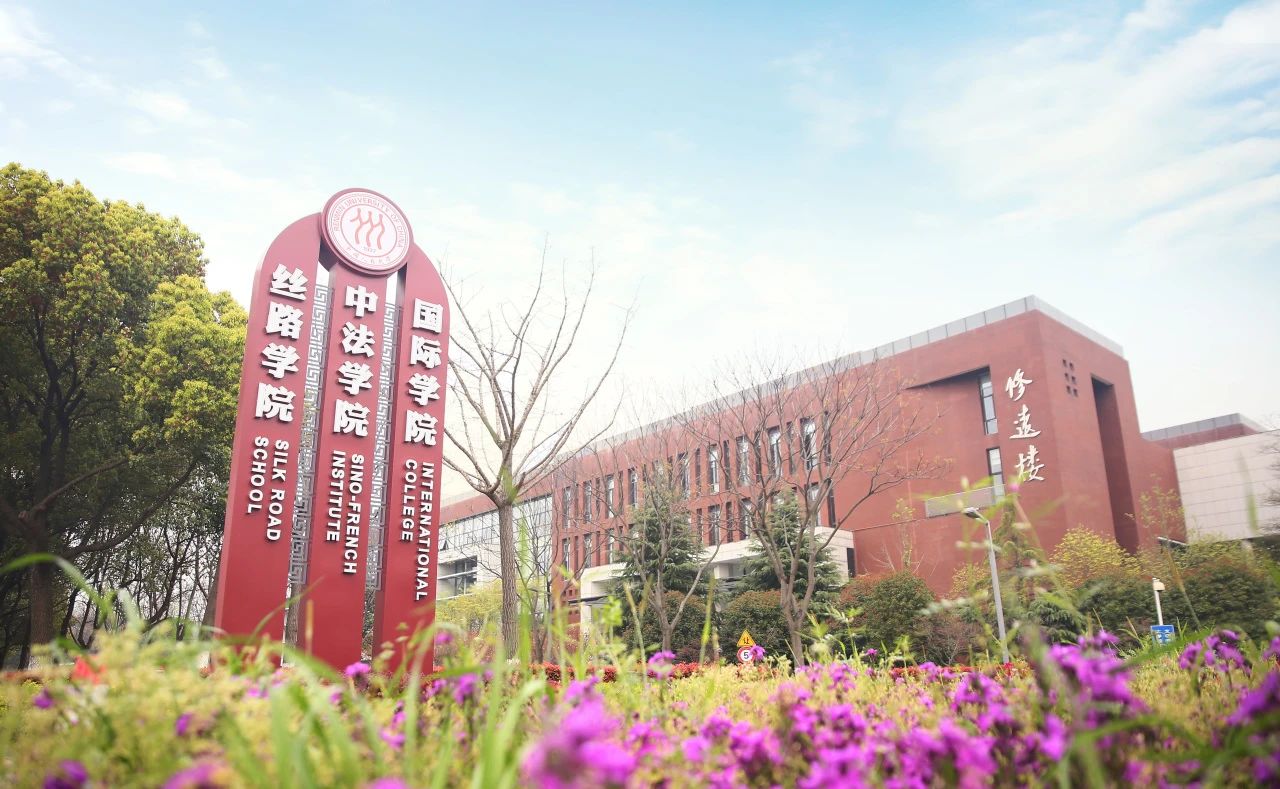
Background of Establishment
Significance
1. The establishment of the Intelligent Governance College is an important measure to implement the new requirements for the modernization of governance systems and governance capabilities.
The establishment of the Intelligent Governance College is closely aligned with national development strategies and focuses on addressing practical issues in the new era of Chinese modernization and reform and opening up. It is an innovative endeavor that can actively benefit the construction of a new development pattern and promote the modernization of the national governance system and governance capabilities.
2. The establishment of the Intelligent Governance College is the integration of “New Engineering” and “New Humanities” at RUC.
Currently, RUC is planning the comprehensive development of the interdisciplinary center of intelligent governance in the new era, with the Intelligent Governance College being an important part of it. The College is centered on intelligent governance, oriented towards serving national governance in the digital age, with a mission to construct an independent knowledge system in philosophy and social sciences. It also aims to innovate evaluation and institutional mechanisms to create a leading reform demonstration zone in the interdisciplinary research and teaching field in China.
3. The establishment of the Intelligent Governance College is part of RUC’s new development plan for its Suzhou campus.
The establishment of the Intelligent Governance College will further answer questions related to China, the world, and the times. It will respond to “what China needs” based on “what RUC can do”. It will leverage local advantages to promote “first-class construction”, providing new strategic opportunities for the Suzhou campus to explore new directions, new thoughts, and new developments with the spirit of “taking a new path”.
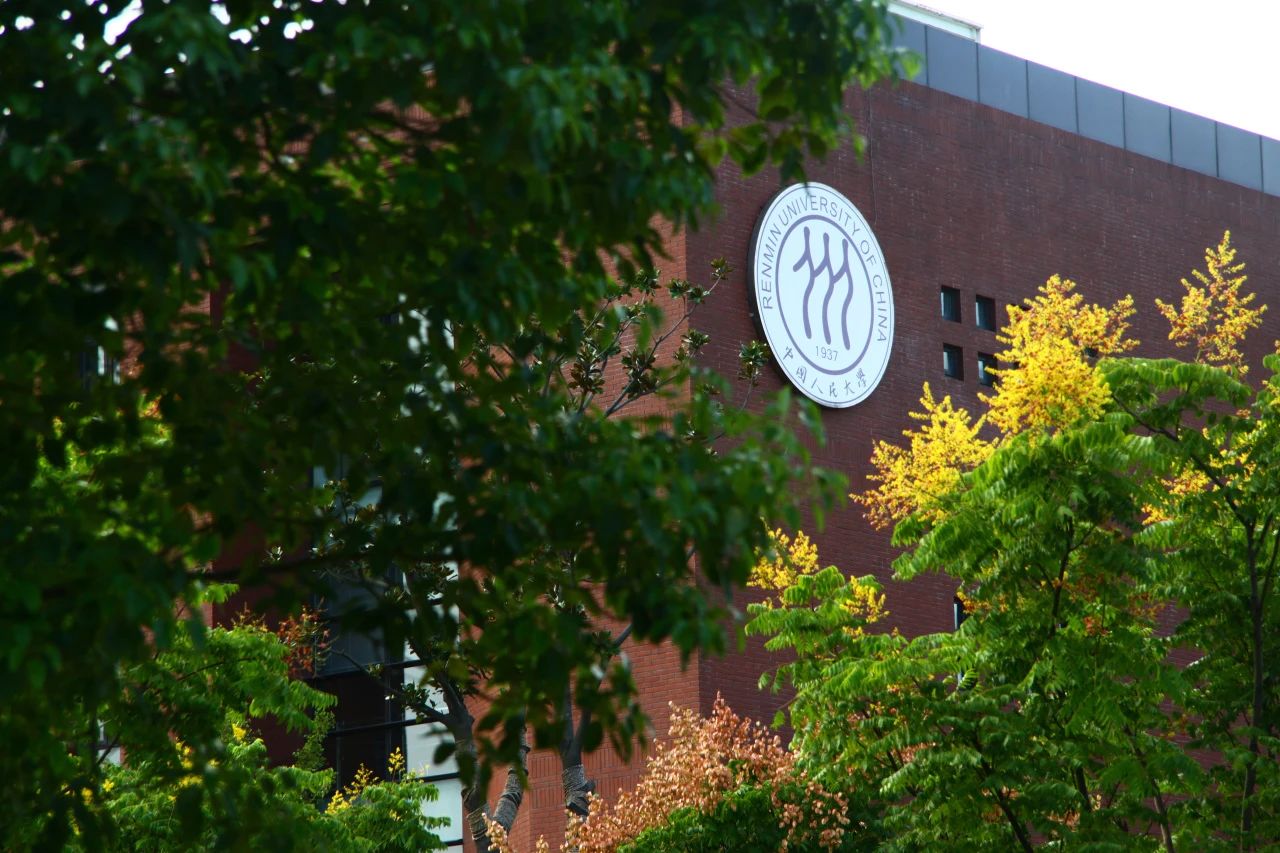
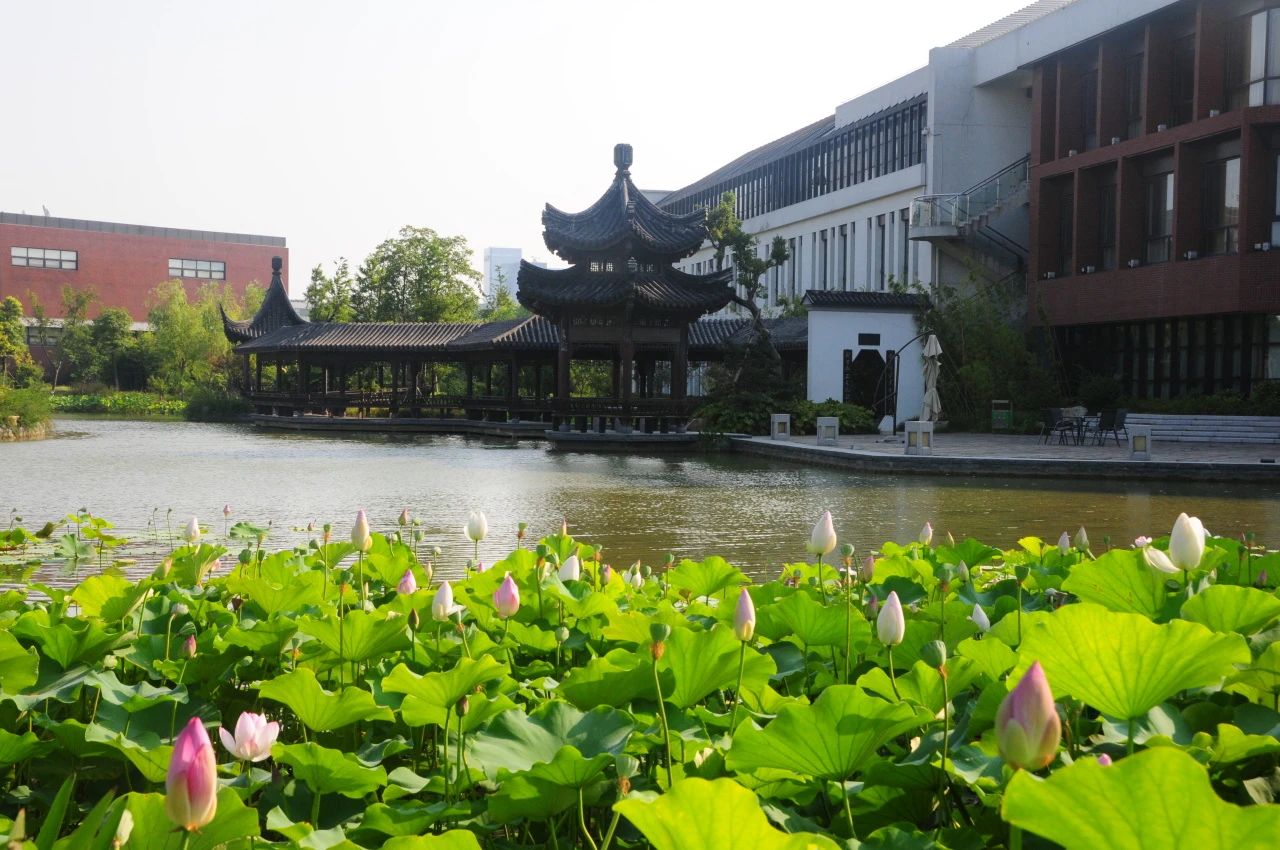
Solid Foundation
1. Rich Practice in the Yangtze River Delta Region, with Suzhou as a typical example
Establishing the Intelligent Governance College in the Suzhou campus can leverage the rich practices in the Yangtze River Delta region. This will facilitate breakthroughs in academic development, enable higher-quality and broader-ranging regional integration driven by digitalization in the Yangtze River Delta region, and contribute a “Chinese model” to global intelligent governance.
2. Strong Research Foundation in Intelligent Governance at RUC
RUC has a solid research foundation in intelligent governance-related fields. Fourteen disciplines, including statistics, sociology, and public administration, have been included in the list of “Double First-Class” disciplines by the Ministry of Education. The university has occupied a leading position in big data and data science in China for years. In recent years, it has vigorously developed artificial intelligence disciplines, and its ranking in this field has entered the top ten globally. The university has renowned scholars and robust research foundations in areas such as artificial intelligence, digital economy, fintech, big data in government decision-making, and intelligent justice. It is well-positioned to provide strong intellectual support for the construction of the Intelligent Governance College.
3. Strong Educational Foundation in the Suzhou Campus
Under the strong leadership of RUC and the generous support from the Suzhou government, the Suzhou campus has achieved significant progress in its educational work. It has pioneered new developments in international cooperation and education outside Beijing, establishing a new pattern in RUC’s strategic layout in the Yangtze River Delta. The International College, the Sino-French Institute, and the Silk Road College have accumulated relatively mature experiences in talent cultivation. The Suzhou campus has independent educational space and reliable teams in teaching, administrative, and logistical support, providing a solid foundation for the operation of the Intelligent Governance College.
Educational Approach
1. Positioning
The College aims to make contributions to the modernization of the national governance system and governance capabilities by leveraging leading practices in the Yangtze River Delta region. It is dedicated to national governance in the digital age. As a secondary-level college affiliated with RUC, the College is located at RUC’s Suzhou campus, situated within the first national demonstration zone for internationalized higher education, the Suzhou Dushu Lake Science and Education Innovation District.
2. Talent Cultivation Goals
The college aims to produce high-end interdisciplinary talents with a strong foundation in intelligent governance theory. These talents will be proficient in data science, artificial intelligence, and the basics of humanities and social sciences. They will have outstanding skills in data analysis, artificial intelligence algorithm design, and intelligent governance, capable of solving real-world problems in the field of governance.
3. College Features
Leveraging the university’s unique advantages in humanities and social sciences, the College adopts a “multi-campus collaboration, integrated design” approach. It coordinates first-level disciplines, fully integrates faculty resources, and systematically plans for the integration of undergraduate, master’s, and doctoral programs.
4. Overall Goals
To build a world-class intelligent governance college, establish a world-class intelligent governance research and development center, and create a world-class intelligent governance think tank platform.
Specific Construction Plans
The Intelligent Governance College will collaborate with the university’s New Era Intelligent Governance Interdisciplinary Center and the Interdisciplinary Science Research Institute in systematic design and overall planning.
In terms of discipline development and talent cultivation, the College will cooperate with the School of Artificial Intelligence, the School of Information Science, the School of Economics, and the School of Finance to promote interdisciplinary talent cultivation. In the initial stage, it will enroll doctoral students in Electronics and Information (Artificial Intelligence and Intelligent Governance) and master’s students in Digital Economy (Digital Economy and Intelligent Governance), and Finance (Financial Technology and Intelligent Governance).
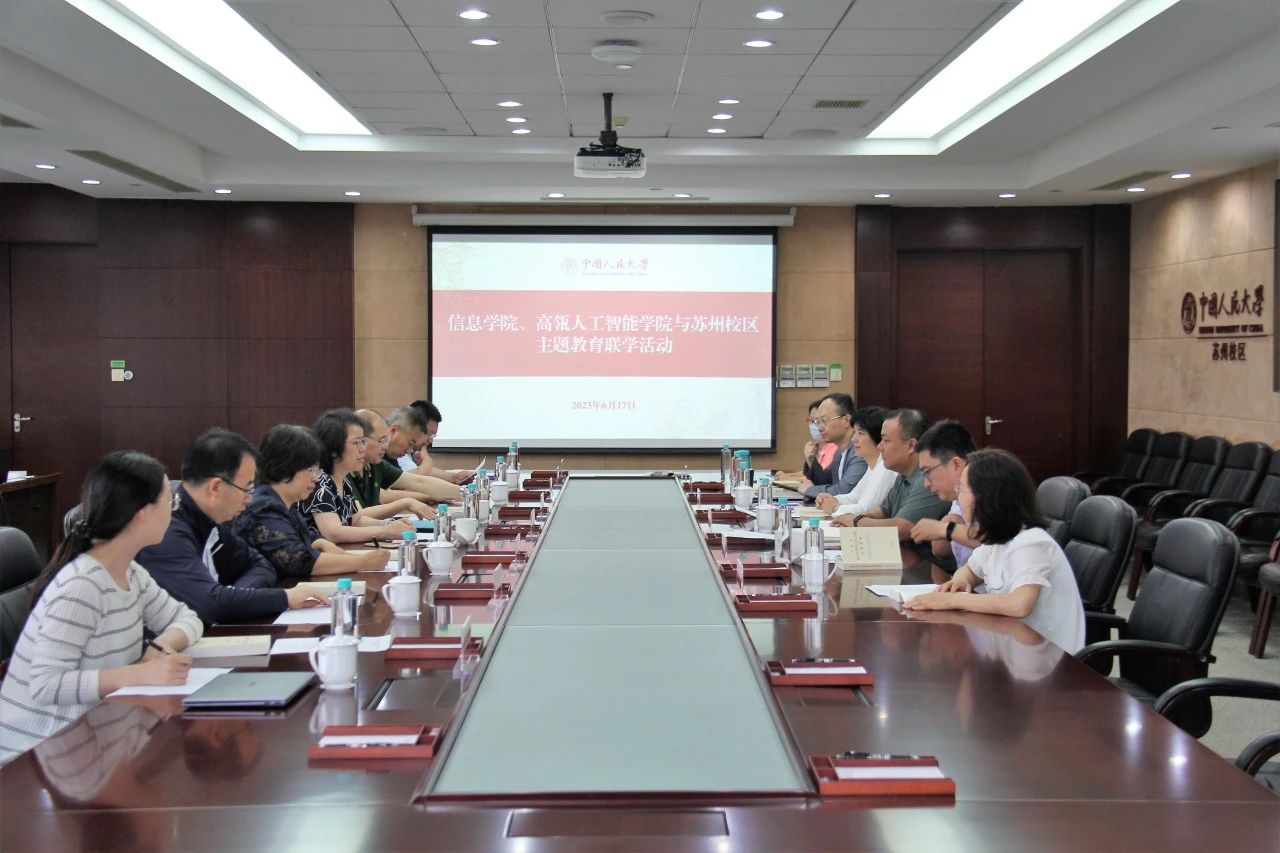
In terms of scientific research, the College is launching a specialized journal dedicated to intelligent governance, establishing a platform for intelligent governance technology and engineering, and creating a research and development center focused on practical applications for intelligent governance scenarios. The College is committed to effectively integrating expertise from various disciplines, and fostering collaborative research mechanisms with central government departments, Suzhou municipal departments, leading domestic universities, and research institutions. Furthermore, it aims to provide theoretical insights and refine the experiences of intelligent governance in Suzhou, ultimately offering a valuable “Suzhou model” for the modernization of governance in China.
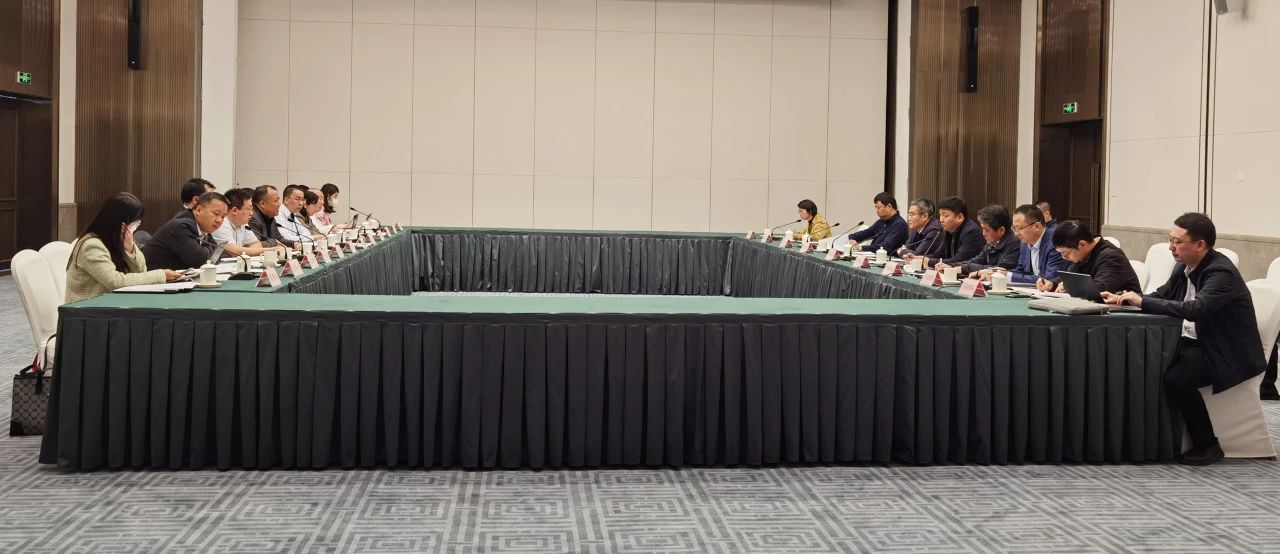
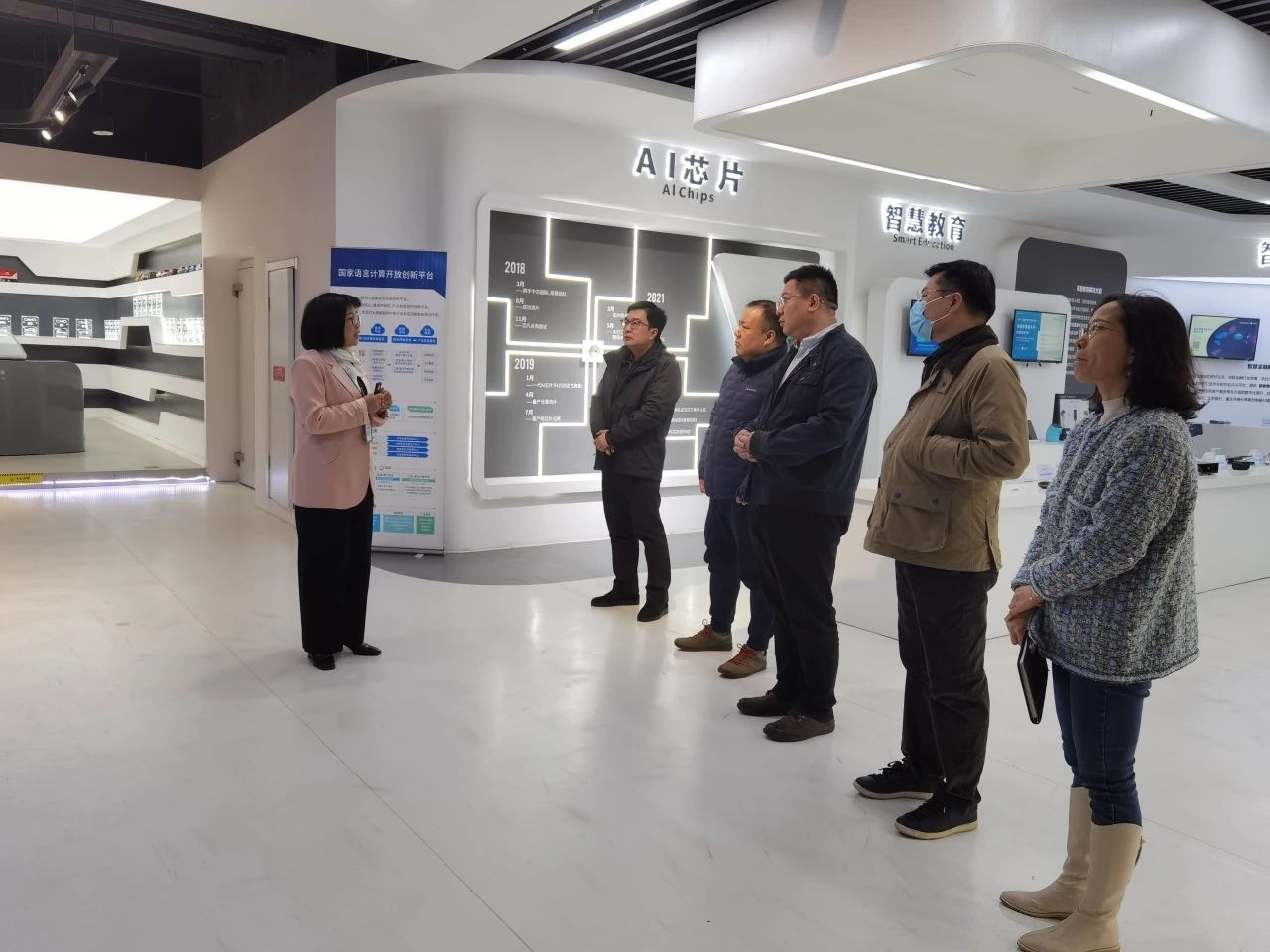
In terms of laboratory construction, the College will advance the construction of the “Suzhou Key Laboratory of Artificial Intelligence and Social Governance Technology”, creating an important technological platform for the Intelligent Governance College and building a world-class center for technological design, research, and integration in the field of intelligent governance.
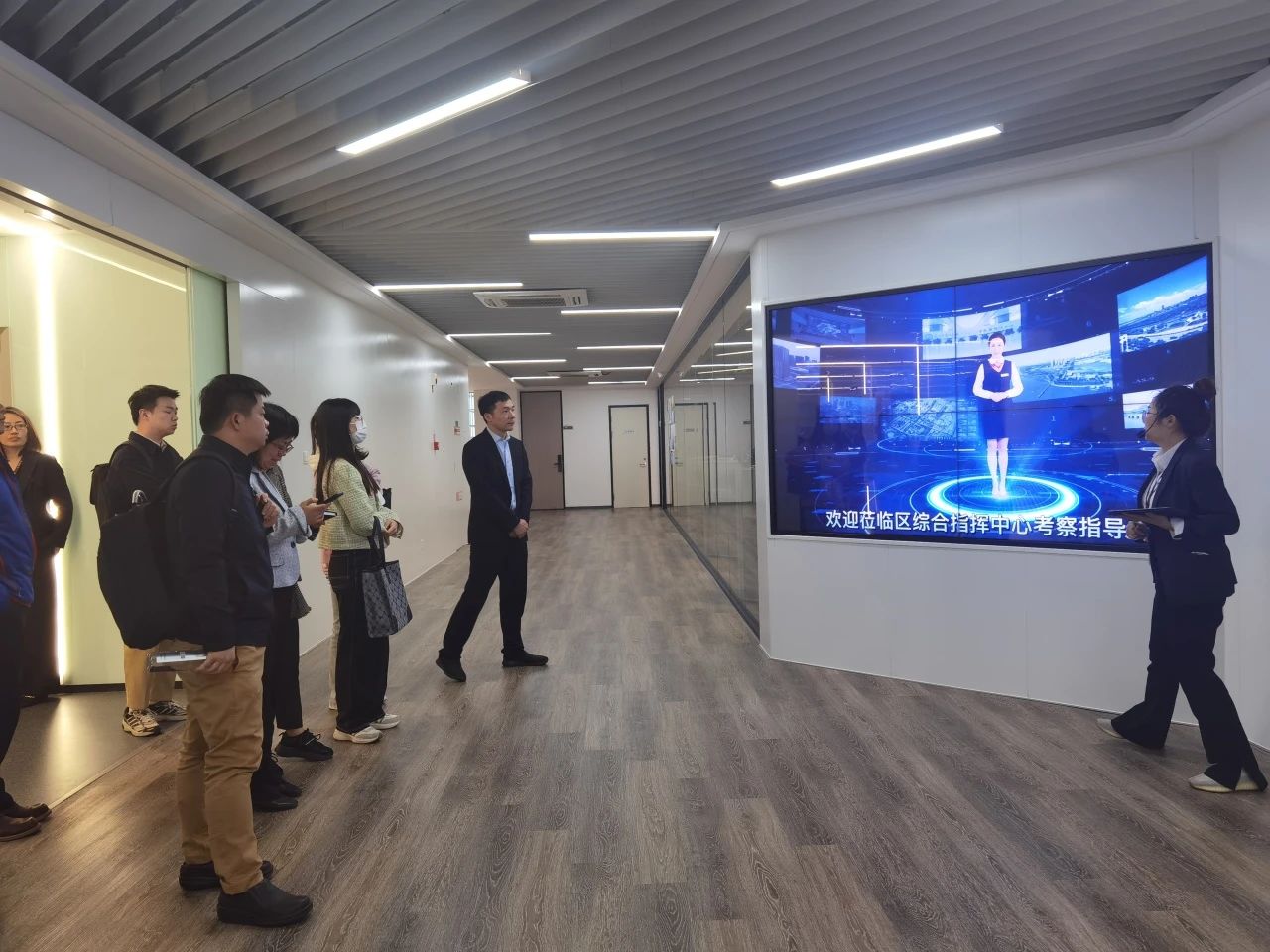
In terms of social services and think tank research, the College will establish the “Intelligent Governance Suzhou Forum” and publish the China Intelligent Governance Annual Report. It will become a global center for the exchange of strategies, technologies, experiences, and models in intelligent governance. It will also serve as a platform for introducing China’s intelligent governance practices and technologies to the world, providing comprehensive, scientifically grounded advisory results.
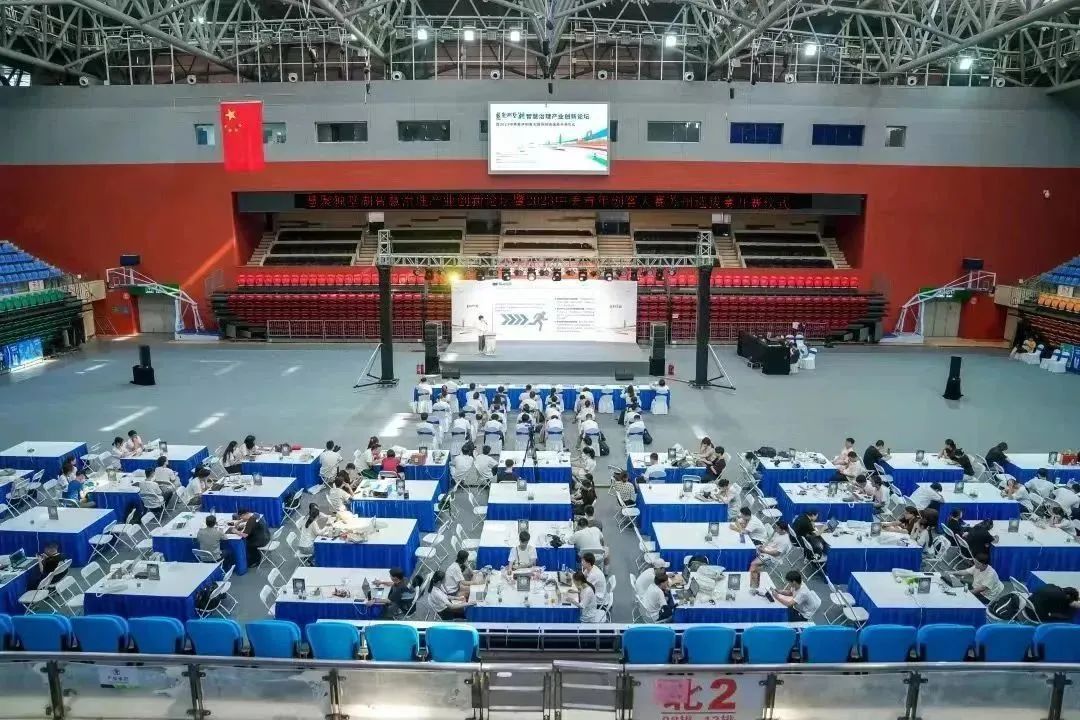
In terms of international exchanges and cooperation, the College will establish the International Center for Intelligent Governance Practice and Research by leveraging the advantages of international cooperation and exchange in the Suzhou campus. It will offer internationalized special programs, promote China’s governance methods on the international stage, and enhance the role of intelligent governance in supporting China’s soft power.



